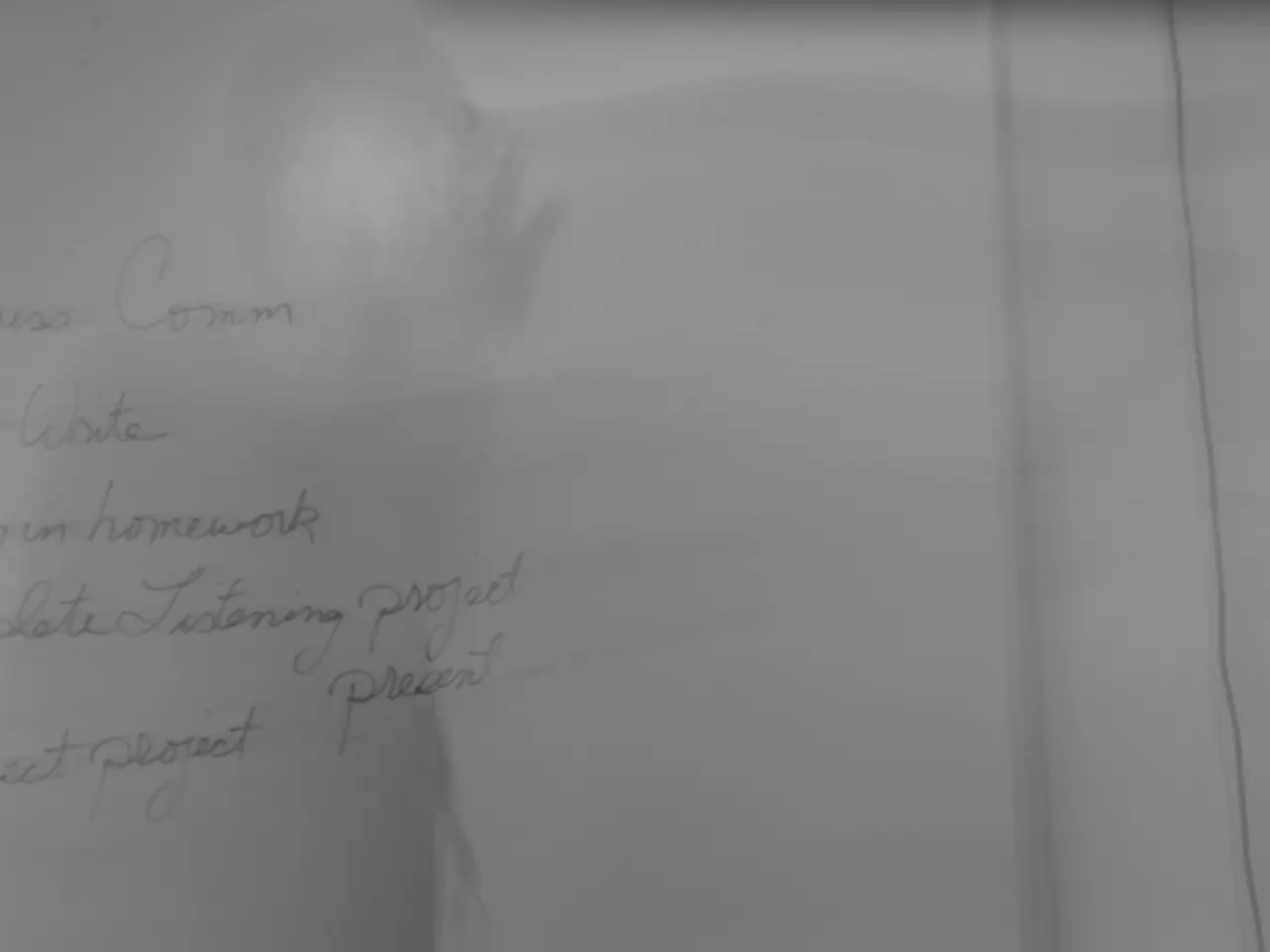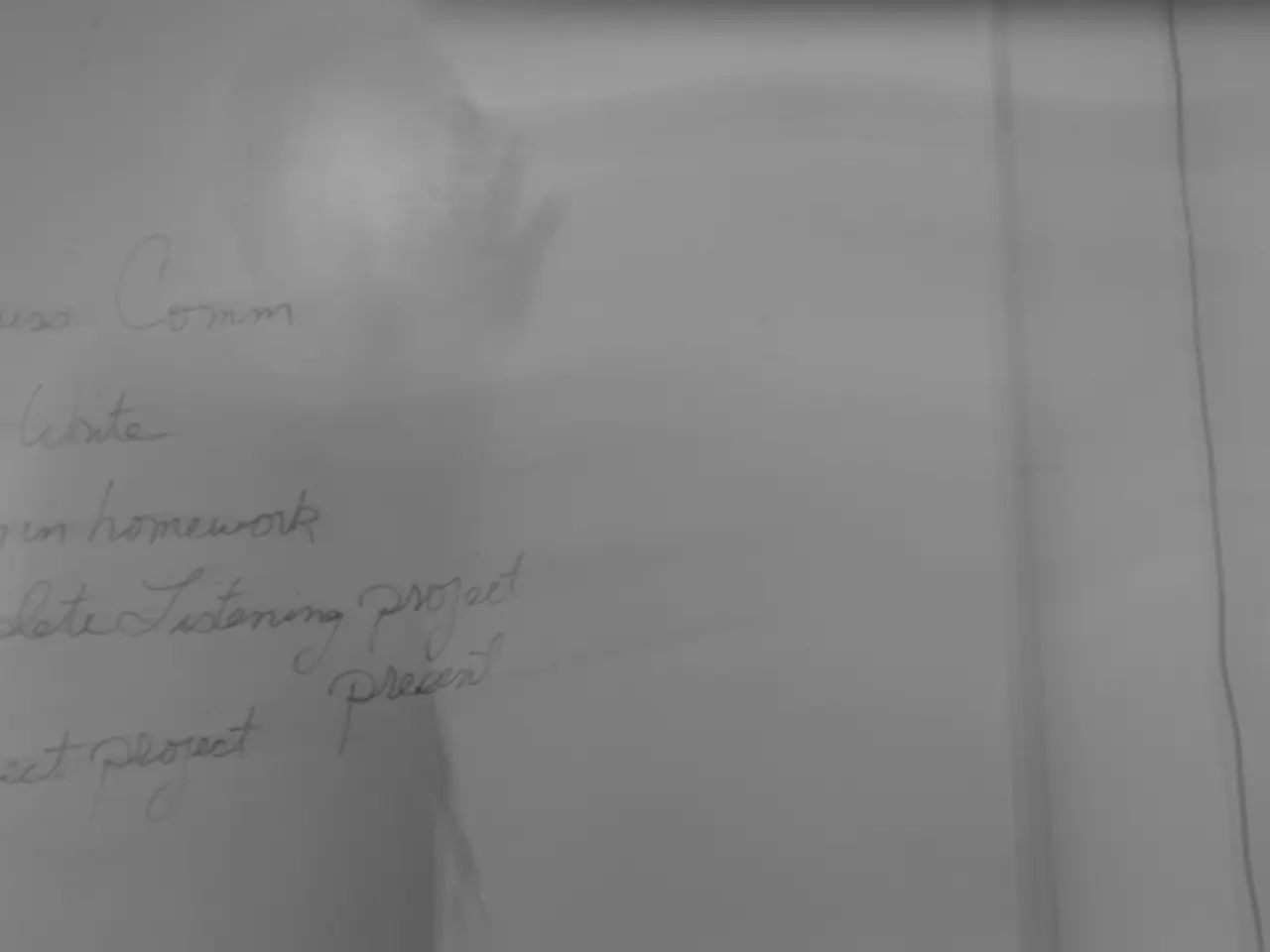A Dessau-Roßlau Father Sentenced for Decades of Child Abuse - Prison Term of Nearly a Decade
Prolonged Child Abuse Leads to Severe Prison Term for Perpetrator - Child Endured Years of Abuse, Receives Long Prison Sentence
In a stark conviction, a 65-year-old man was handed a nine-year and six-month jail sentence by the Regional Court of Dessau-Roßlau for chronically abusing his own kids. The court unraveled 158 counts of severe sexual assault and nearly 170 instances of abuse. Initially, a shocking 700 cases were brought forth. The heinous acts spanned from 2002 to 2010. The now-grown victims first reported the atrocities to the police last year, through a legal representative.
Both victims stood as co-plaintiffs during the verdict reading. The defendant remained unmoved during the sentencing, persistently proclaiming his innocence. The man claimed his alcohol dependence had played a role in his actions. The verdict is yet to be made final, an appeal being a possibility.
The verdict noted that the adult children continue to battle the psychological scars from the abuse and require counseling. The abuse, occurring up to thrice a week, unfolded in the family's apartment in Dessau-Roßlau whenever the mother was away. The father was said to have subscribed to a pay-TV channel for watching series with the children. The eldest son testified, recollecting that he held a deep affection for his father and received comics from him.
The court deemed the premeditation, frequency, and disastrous impacts on the victims as intensifying factors against the defendant. Mildening factors included the defendant's clean criminal record and the influence of alcohol in his actions. Moreover, there's no evidence of further incidents post the crime spree, and the offenses took place long ago.
Insights from Legal Proceedings:
Research on German legal practices equips us with a broader understanding of factors that typically influence sentencing in sexual abuse cases:
Aggravating Factors:- Prolonged abuse, suggesting a calculated and intentional approach.- Abuse involving multiple victims or repeated acts.- Severe physical or psychological harm caused to the victims.- Betrayal of trust, particularly when the perpetrator is a parent.- Use of threats, violence, or coercion during the abuse.- Lack of remorse or attempts to conceal the crime.
Mitigating Factors:- The perpetrator's confession and cooperation with authorities.- Expression of remorse and willingness to undergo therapy.- Absence of a prior criminal record.- Age and circumstances of the perpetrator, influencing accountability levels.
Sentences in such cases could involve lengthy prison terms, frequently incorporating preventive detention, accounting for the gravity of the offenses and the necessity to safeguard society and the victims. The courts weigh evidence and circumstances uniquely in each case. The specific details and rationales behind the Dessau-Roßlau verdict remain to be seen with pending appeals.
A community policy might address the prevention and reporting of child abuse cases similar to the one in Dessau-Roßlau. The local government could consider expanding vocational training programs for the affected children, aiding them in their psychological recovery and future livelihood. In the realm of general news, this incident sheds light on a persistent global issue: child abuse, which often goes unreported amidst the noise of war-and-conflicts, politics, and crime-and-justice.




